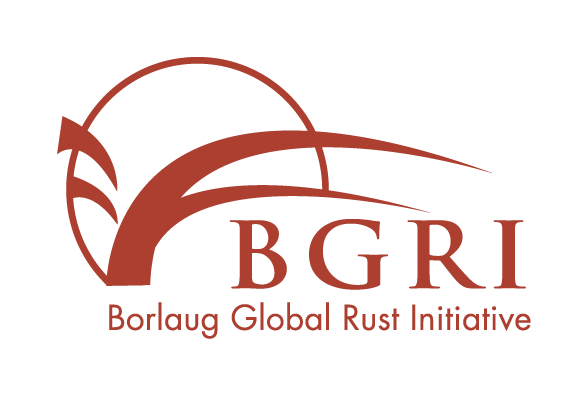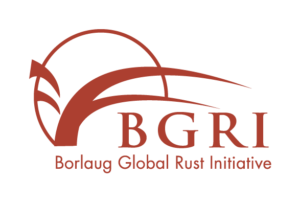Borlaug Global
Fostering a new generation
of committed hunger fighters.
The BGRI’s global collaboration of scientists, farmers and agricultural research institutions is dedicated to improving genetic gain and optimizing disease-resistance and climate-resilience in wheat. We are an international community of hunger fighters committed to sharing knowledge, training the next generation of scientists and engaging with farmers for a prosperous and wheat-secure world.
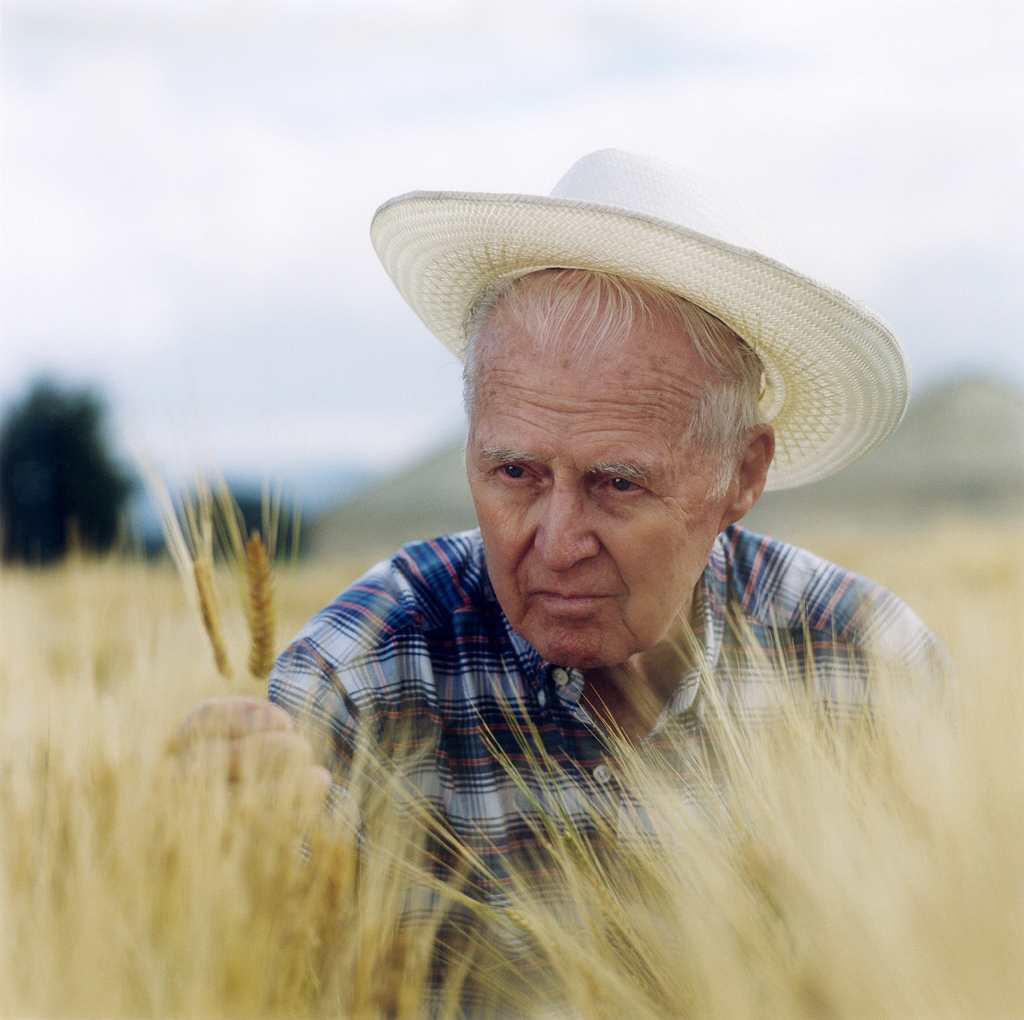
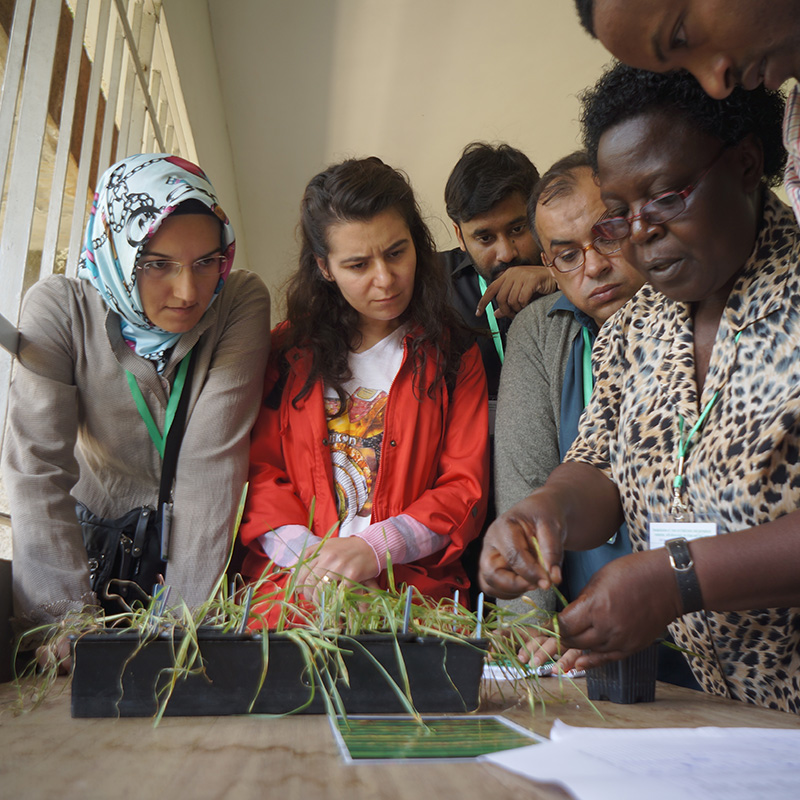
Knowledge Center
Explore the collected knowledge of the BGRI community.
For over a decade, the Borlaug Global Rust Initiative has brought researchers together to collaboratively answer the challenges of growing wheat and feeding a growing world. Our knowledge center is a collection of resources created and utilized by our community.
Bring Me ThereBGRI Publications
- First report of Ug99 Wheat Stem Rust caused by Puccinia graminis f. sp. tritici in South Asia
- Protocols for Race Analysis of Wheat Stem Rust (Puccinia graminis f.sp. tritici)
- DRRW-DGGW Publications, 2009-2019
- Sounding the Alarm on Global Stem Rust
- Final DGGW report from EIAR
- 12 Years of DRRW and DGGW in South Asia
- 2018 South Asia Wheat Report: Status And Opportunities For Wheat Seeds In India, Bangladesh, Nepal & Bhutan
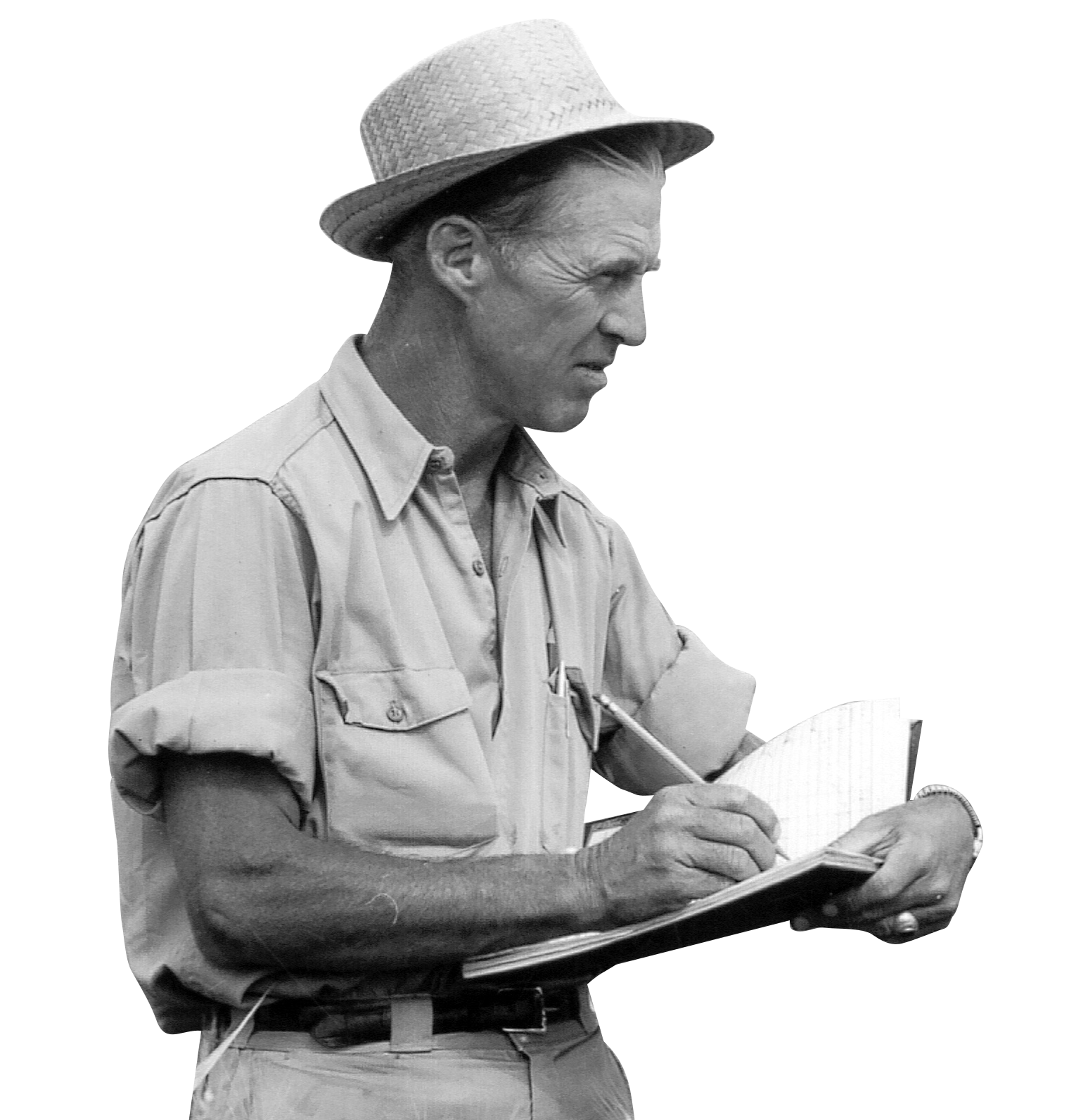
Our History
Deeply rooted in the pursuit of world wheat security
The discovery of the Ug99 (TTKSK) stem rust race in East Africa in 1998 to which over 80% of the world’s wheat varieties were susceptible was a call to action for Dr. Norman Borlaug. Recognizing the vulnerability of smallholder wheat farmers worldwide, Dr. Borlaug mobilized global leaders to confront the decades of complacency that had led to an insufficient number of scientists operating in subpar breeding facilities with limited training resources to tackle the issue.
By establishing the Borlaug Global Rust Initiative (BGRI) in 2005 to support wheat research and meet the threats head-on, the Nobel Laureate was instrumental in launching the Durable Rust Resistance in Wheat (DRRW) project (2008-2016), followed by the Delivering Genetic Gain in Wheat (DGGW) project (2016-2020). That legacy lives on through the Accelerating Gains in Maize and Wheat, the Wheat Disease Early Warning Advisory System (DEWAS), and other projects at the forefront of wheat and rust research.
Learn More